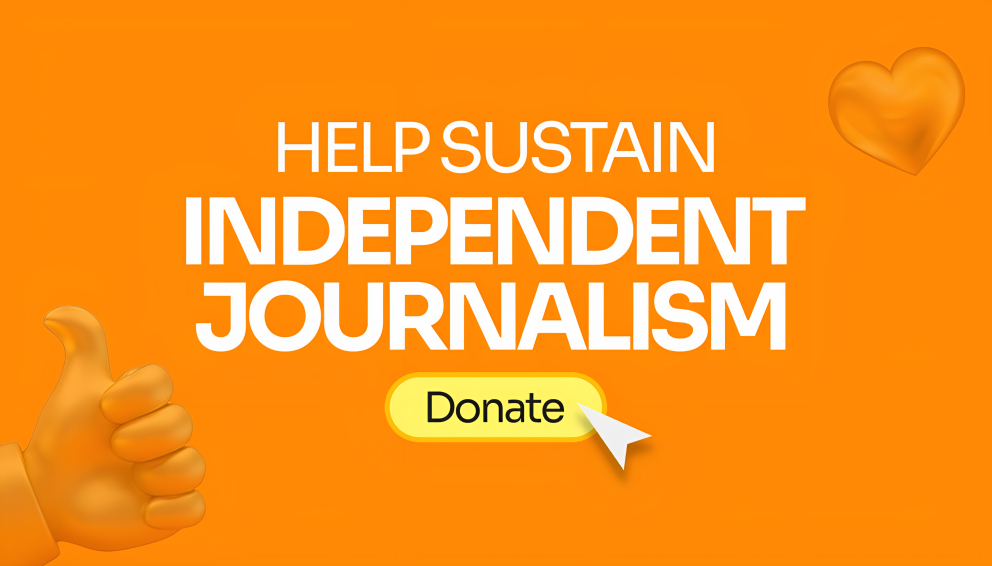US government-funded broadcaster, Voice of America has terminated or proposed to terminate 15 employees from its Hausa language international radio service in Washington, D.C. following allegations of improper conduct, including the acceptance of improper payments from an official in their coverage area.
The employees were reported in Nigerian newspapers to have accepted improper payments in January of around $5,000 from a Nigerian state governor from the country’s northwest on a visit to VOA’s DC offices. The improper payment was said to have to come to light after a whistleblower reported to management. VOA declined to comment on further details of its ongoing investigation in the affair. It is unconfirmed if all the employees involved were journalists.
In an email to staff on Oct. 4, VOA director Amanda Bennett said the agency’s leadership was notified of the allegations “in recent months” and had launched several investigations, including requesting a review by the Office of the Inspector General.
“While privacy laws prevent us from disclosing any specifics, it is following the completion of these investigations that these terminations and proposed terminations are occurring,” she said.
VOA is a US government-funded international broadcast service. Its Hausa service broadcasts to 20 million people weekly, primarily in Nigeria, but also in Niger, Ghana, Chad and Cameroon.
As US federal employees, the VOA Hausa staffers, if true, would have violated a series of federal laws and regulations, particularly those prohibiting government employees from receiving improper gifts, which may be implicated by the alleged conduct in this matter. These include criminal penalties for bribery of public officials, the prohibition on acceptance of gifts given because of an employee’s official position, and the statutory requirement that all federal employees place loyalty to their legal and ethical responsibilities over private gain.
Accepting payments or “brown envelopes,” as it’s known in Nigerian journalism circles, is a common practice in the country. Journalists, operating in a competitive and crowded media landscape, accept the bribes to supplement paltry or unpaid salaries. Nigerian politicians, particularly around elections, often exploit the situation, paying journalists to buy their allegiance and control narratives.
Radio listenership of international broadcasters such as VOA, BBC Hausa, Radio France Hausa and Deutsche Welle are high in Nigeria’s northern regions, ironically in part because they are often seen to be neutral players who are above manipulation by local politicians or governments.
To safeguard its reputation and integrity, VOA has launched a separate investigation to determine if any coverage was improperly influenced. “If any such influence is discovered, we will deal with it promptly and transparently,” Bennett said.
She added: “If any other instances of improper payments are discovered in any service anywhere in VOA, we are committed to investigating them thoroughly and dealing with them promptly as well.”
The incident leaves the service with only 11 permanent government employees and contractors to produce 16 hours of radio and 30 minutes of television every week. Africa division director Negussie Mengesha said assistance from the agency’s extensive network of part-time contributors in Africa will help them maintain their current programming. One of 15 dismissed includes the chief of the Hausa service; VOA’s former Hausa Service chief, Fred Cooper, will serve as acting chief until a permanent one is selected.
VOA declined requests to speak to Amanda Bennett and Negussie Mengesha.
*QUARTZ AFRICA*
*ADVERTISEMENTS*

ADVERTISEMENT

ADVERTISMENT

ADVERTISEMENT

ADVERTISEMENT

